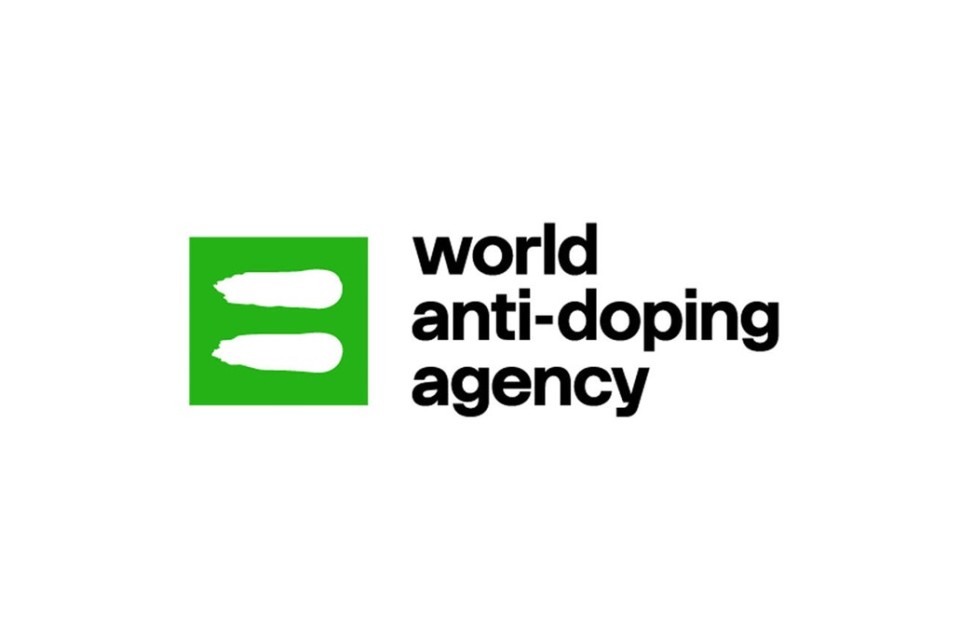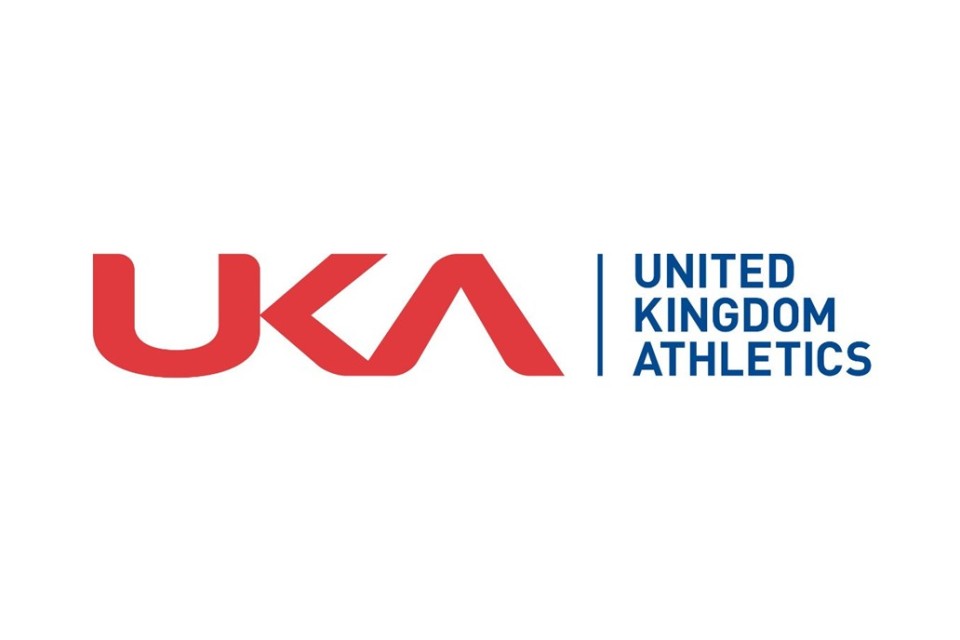Thu, March 03, 2022
Russian and Belarusian athletes banned from competing at Winter Olympics after IPC reverses original decision following backlash
To optimise for archiving, the original image and related documents associated with this article have been removed.
The International Paralympic Committee (IPC) has reversed its decision so that Russian and Belarusian athletes will now be banned from competing at this month’s Winter Olympics.
The IPC originally said that athletes could still compete as neutrals, but this decision received heavy criticism, so this has now been reversed in order to ban them from the Games that begin this weekend.
ICP president Andrew Parsons said the “situation in the athlete villages was "untenable” and that an “overwhelming number of members” had spoken to the IPC to say that they would not compete in the Games if Russian and Belarusian athletes were allowed to take part. “We are very firm believers that sport and politics should not mix. However, by no fault of its own the war has now come to these Games and behind the scenes many governments are having an influence on our cherished event. Ensuring the safety and security of athletes is of paramount importance to us and the situation in the athlete villages is escalating and has now become untenable.”
A joint statement from the Ukrainian athletes and Global Athlete said the original IPC decision had dealt “another blow” to every Ukrainian citizen and athlete. Nadine Dorries, UK Secretary of State for Digital, Culture, Media and Sport said “The welfare of all the other competing athletes is of upmost importance and we're pleased the IPC also recognise that.” Dorries also added that she was pleased the original decision had been reversed.



